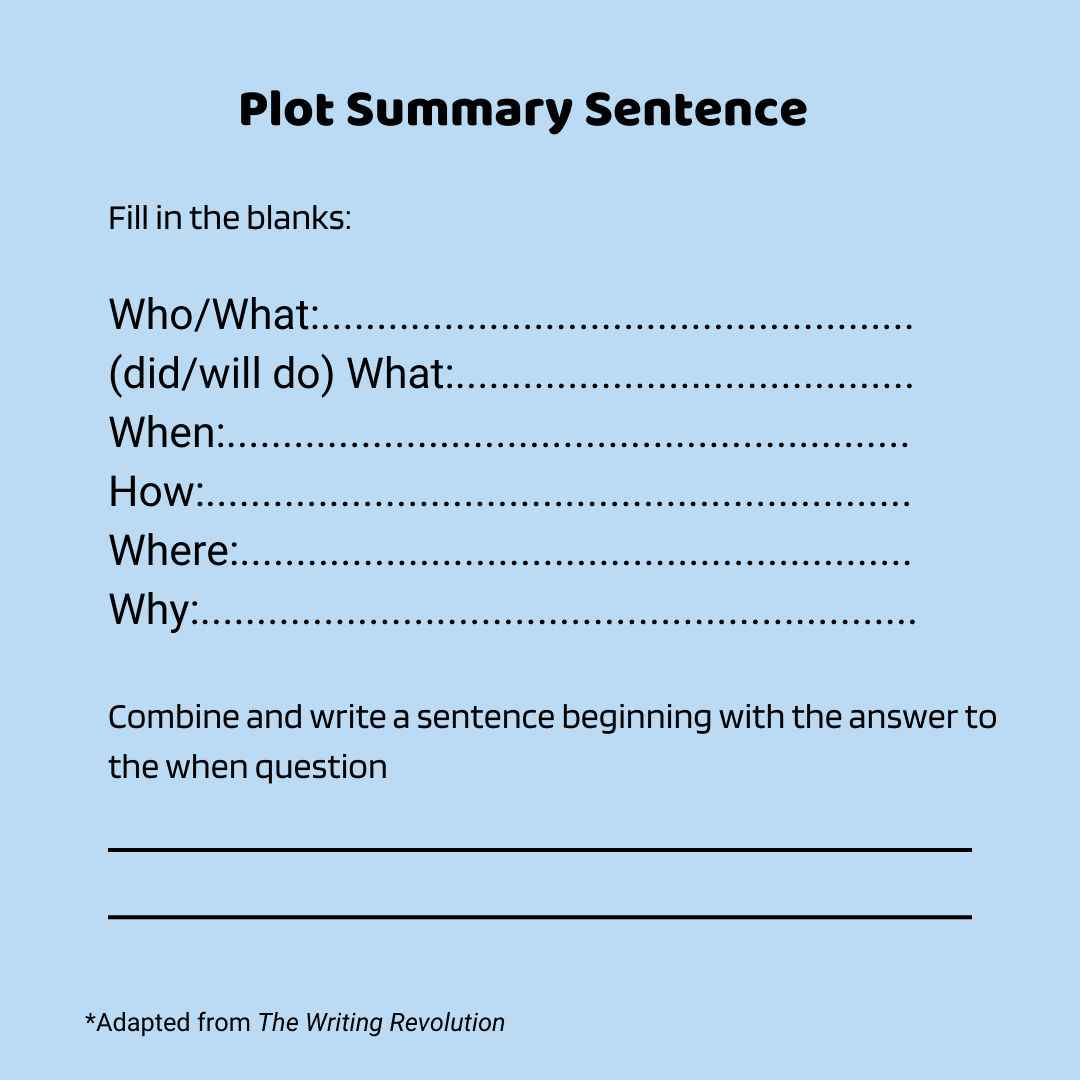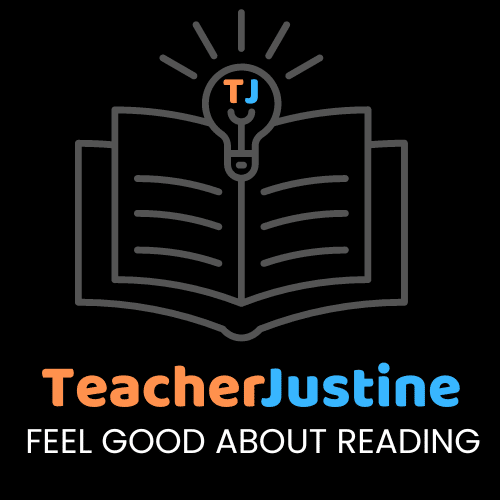Teacher Justine contains affiliate links and is a member of the Amazon Services LLS Associates Program. If you make a purchase using one of these Amazon links, I may receive compensation at no extra charge to you. See my disclosure policy for more information.
Become a Better Reader of Fiction
Use these 5 tips to help your child become a better reader of fiction and learn to love reading
Have you ever asked your child if they liked the book they just read and they say they it was ok? Or maybe they said yes, but when you ask them what it was about they shrug their shoulders and say they don’t know. When your child can summarize the book in a few sentences and tell you if they liked the book or not and why then they will become a better reader of fiction.
Why do we read fiction?
We read fiction to be entertained. That makes reading fiction sound frivolous and not as important as reading non-fiction. And it is true that reading fiction takes less cognitive effort than reading non-fiction. But it still requires effort, just a different kind of effort.
The effort required involves using your imagination. Facts and information are important to gather knowledge, but stories, like food and water, are a necessity for human beings. Becoming a better reader of fiction will enrich your life. Your child can become a better reader of fiction by using these tips to get them started, stay interested, and finish the book.
@justineforelli 5 Steps for Kids to Read Fiction #readingtutor #homeschooltutoring #strugglingreaders ♬ Something Just Like This – The Chainsmokers & Coldplay
Tip #1 become a better reader: Be open
The first step to reading fiction and becoming a better reader is to be open. It can be hard to start a new book. The hardest part about reading fiction is often starting a new book. This is true for both struggling readers and skilled readers. Struggling readers don’t want to pick up a new book because reading words is hard for them.
It can be hard for skilled readers to start a new book too because it takes effort and commitment to immerse themselves into a new reality. Especially if you just finished a great book. Sometimes you want to savor that before entering a completely new imaginative reality.
Being open means letting the story act on you. Let it move your feelings and emotions. The author is trying to produce an experience for you by working on your emotions and imagination.
As a reader, you need to be open to receiving this imaginative and emotional experience.
Tip #2: Befriend the characters
The second step to reading fiction and becoming a better reader is being willing to befriend the characters. Pay close attention to them. What are they thinking, feeling, saying, doing?
What are their names? Don’t worry if you can’t remember everyone’s names at first. Just like in real life when you go to a party or go to a new school you will be introduced to many people and slowly you will remember the names of the people you meet.
Tip #3: Discover the scenery
The third step to becoming a better reader of fiction is to become at home in the imaginary world of the story. Where does the story take place? Is it in the past? In the present? In the future? What kind of world is it? Realistic or fantasy?
Become a member of the population in this imaginary landscape. Breathe the air, taste the food, listen to its sounds, drive on its highways.
Tip #4: Follow the plot
To become a better reader you have to follow the plot. All stories have a beginning, middle, and end but they are not always in that order. The first page might not be the beginning of the story. You have to discover how the different parts fit into this temporal scheme of the beginning, middle, and end.
Be able to know the different crises that lead up to the climax. You must know where and how the climax occurs and what happens in the aftermath.
Tip #5: Finish the story and summarize it

The fifth step to becoming a better reader of fiction is to finish the story and summarize it. Being able to summarize the story plot in a single sentence boosts reading comprehension. If your child can summarize the plot, they will be able to show that they read it well and that they grasp the entire story.
Summarizing is a skill that can be easily taught to your child. Have them use this simple formula from The Writing Revolution to write a summary sentence. Fill in the who, what, where, when, and why questions first. Then create a sentence starting with the answer to the when question.
Another way to summarize is to write a sentence containing all the elements of a story. I learned this formula of the hero’s journey from the Building a StoryBrand by Donald Miller:
- A character
- wants something
- But has a problem and can’t get what they want because there is a villain who is an external problem but also represents an internal or philosophical problem
- who meets a Guide
- who gives them a plan with a call to action
- that ends in success and helps them avoid failure.
- and the character transforms and the story ends.
Bonus tips to become a better reader: Did they like it or not? And Why?
Only now after your child has finished the story and summarized it in a sentence or two, can they say if they liked the story or not. Look back on the 5 tips to make sure they had the experience the author tried to produce in them. Were they open? Did they try to befriend the characters, explore the scenery, and follow the plot? Can they summarize the story in a few sentences? If they can do all that, then they can say if they liked the book or not.
Finally, to really become a better reader your child has to not only say whether they like the story or not but also answer the question of why or why not. The better they can say why they liked the story, and identify what gave them pleasure, the closer they will come to really understanding the book and becoming a better reader.
IF YOUR CHILD IS
Struggling with Reading
I CAN HELP
